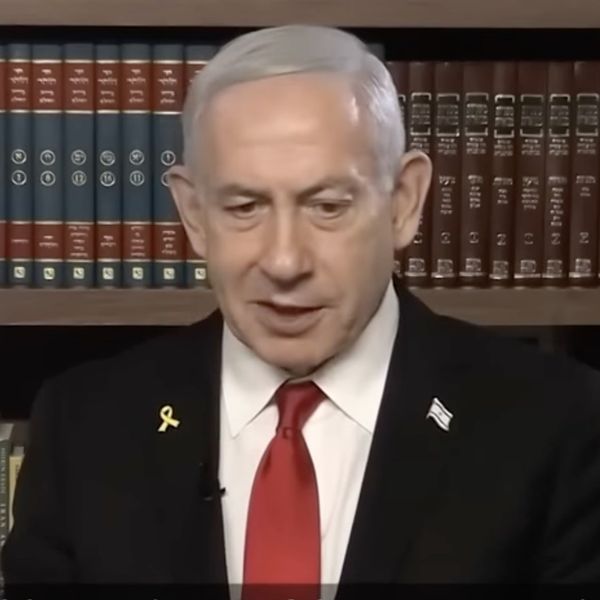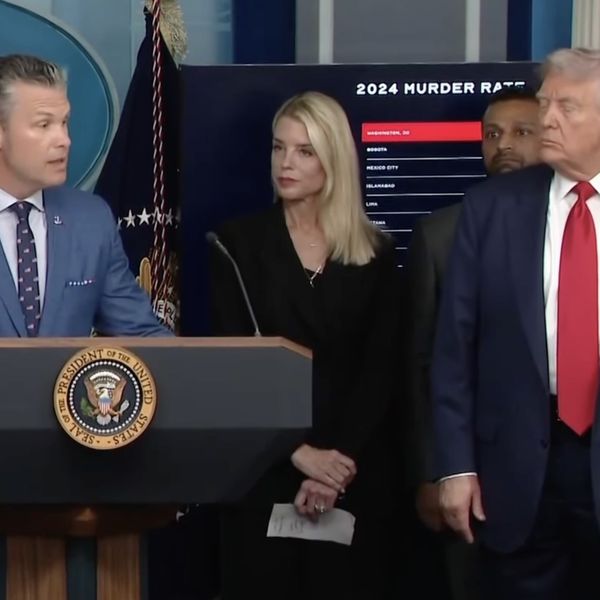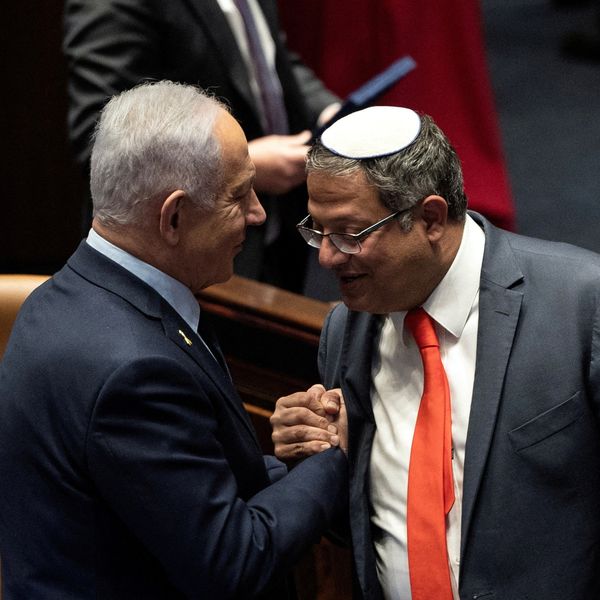The Justice Department closed its investigation into whether former Brookings Institution president Ret. Gen. John R. Allen illegally lobbied for Qatar, according to reports on Monday. Allen resigned from his position at Brookings last summer in the wake of claims that Allen participated in undisclosed and illegal lobbying for Qatar, a major funder of the think tank, and obstructed the federal investigation into his activities.
“We have been informed by the Department of Justice National Security Division and the U.S. attorney’s office for the Central District of California that the investigation of General John R. Allen (Ret.) has been closed and that no criminal charges will be brought against General Allen under the Foreign Agents Registration Act, or any other law, based on, or as a result of, General Allen’s trip to Qatar in June 2017 or the government’s investigation of those events,” said David Schertler, General Allen’s lawyer, in a statement to The New York Times.
The Justice Department did not provide any more details as to why it reached the decision to not file charges.
The investigation into Allen came alongside renewed concerns by Congress and the National Intelligence Council about foreign influence at Washington think tanks.
Two pieces of legislation introduced in the last congress — the Think Tank Transparency Act and Fighting Foreign Influence Act — proposed laws aiming to create greater transparency into foreign government funding and influence at think tanks.
Yesterday, former Rep. Lee Zeldin (R-N.Y.) wrote in Newsweek, “We need transparency from all think tanks when it comes to foreign influence.”
“The Think Tank Transparency Act is an essential national security measure to protect our political system from covert foreign influence carried out under the guise of ‘independent’ think tanks,” wrote Zeldin.
In November, the Washington Post’s John Hudson reported that the U.S. intelligence community was internally sounding the alarm about efforts by the United Arab Emirates, a generous supporter of many think tanks in Washington, to manipulate the American political system.
Brookings and a spokesperson for Allen did not respond to a request for comment about whether Allen’s departure from Brookings was the result of any violation of Brookings’ internal policies.













